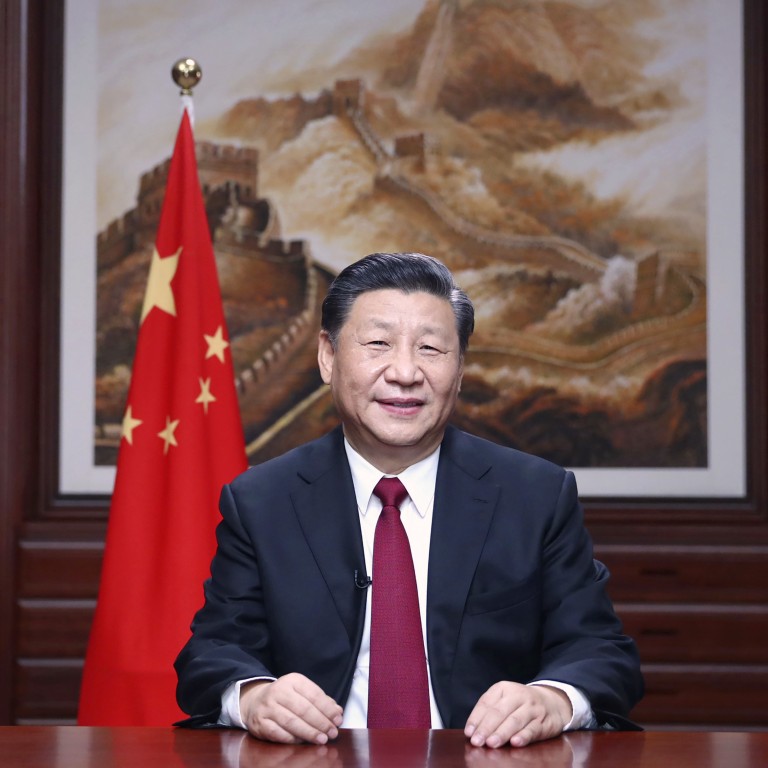
Xi Jinping says he’s ready to endure fire and boiling water, but the internet is a worry
- Communist Party releases book of president’s speeches from the past six years
- Leader speaks of the anti-corruption campaign, consolidation of personal power in the military, and tightening control over the media and the internet
Xi has had other headaches, too, according to a recently published collection of his speeches that sheds rare light on his thinking and the development of some of his signature policies.
In October, the Central Party Literature Press, the Communist Party’s official publishing arm, released a book of Xi’s speeches from the past six years – some of which were intended only for the ears of the party’s elite, making them public for the first time.
In them, Xi, arguably China’s most powerful leader since Mao Zedong, speaks of the anti-corruption campaign, his consolidation of personal power in the military, and tightening control over the media and the internet.
Xi rarely speaks in language beyond official jargon, but some of the speeches show his irritation with officials taking information from the internet that questioned official policy and the anti-corruption drive.
In a speech in 2015, he lashed out at what he said were “groundless” private discussions by officials on key party policies.
“Some officials … are passionate about reposting bad information from the internet, and even had groundless discussions on key policies by the central government among frequent gatherings of their so-called buddies,” he said.
He was addressing more than 100 members of the Central Commission of the Discipline Inspection, the party’s anti-corruption body.
“Some senior officials defended targets of major corruption cases and said those people had made great contributions to the country,” he said. “Just look at their confession letters, which one of them was wrongly accused?”
Later that year, the party amended a key document on discipline and punishment, officially banning actions associated with “groundless comments and damaging party unity”.
All of the speeches in the book – which runs to 319 pages and is available only in printed form – are on the subject of “upholding the party’s leadership in all areas”, which is also the title of the collection.
In a speech in 2016, Xi addressed more than 100 editors and reporters from China’s state media. In case there were any doubts, he explained the party’s role in the media.
“The party is in charge of the media, and it is not only about media under its direct control,” he said. “It’s about placing all sorts and all levels of media under the leadership of the party, and it should not be done in a way like scratching one’s itch through his boots.”
He singled out the internet, stating that it was a life and death issue for the party’s rule.
“I’ve said it many times, if [we] cannot stand the test of the internet, [we] will not stand the test of governing in the long term.”
“The political turmoil in 1989 was soon put to an end and an important reason behind that was the army is firmly in the hands of the party,” he told top generals at the Central Military Commission.
During the same speech, Xi spoke on his anointment as the “core” of the party, a milestone moment in 2016 in his control and authority.
“As I told a Politburo meeting, [giving me the title of] the core of the party means responsibility to me,” he said.
Many observers see that decision as the end of the party’s decades-long effort to make the leadership more collective as it gave Xi an individual official authority not seen since Mao.
“I will use all the energy and my entire life to pay back the trust of the people and the party,” Xi said in the speech.
“I will devote my whole life to the cause, I would go through fire and boiling water, 10,000 deaths will not prevent me.”

